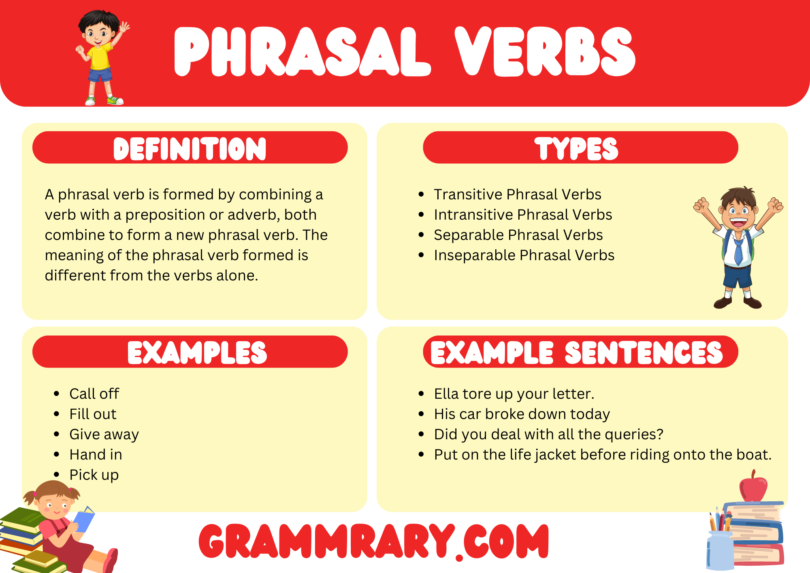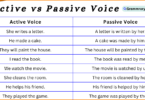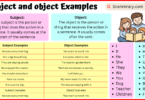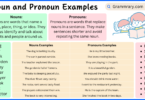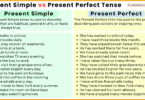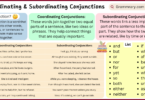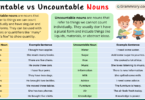Phrasal verbs are the types of verbs formed when two or more words combine and give a new meaning, different from the meaning of those two words when used alone. These can be found commonly in the English Language.
What is a phrasal verb?
A phrasal verb is formed by combining a verb with a preposition or adverb, or both, to form a new phrasal verb. The meaning of the phrasal verb formed is different from the verbs alone.
Phrasal verb conjugate similar to the other words. But they have specific grammar rules to follow. These can be used anywhere, as they can be conjugated into all forms of verbs.
Example Sentences:
- Ella tore up your letter.
- His car broke down today
- Did you deal with all the queries?
- Put on the life jacket before riding onto the boat.
How to conjugate Phrasal Verb?
Phrasal verb, when used as the main verb of a sentence, conjugate the verb only.
- She gets up at midday during the winter.
- However, this morning she got up early morning.
- She has gotten up early on previous days.
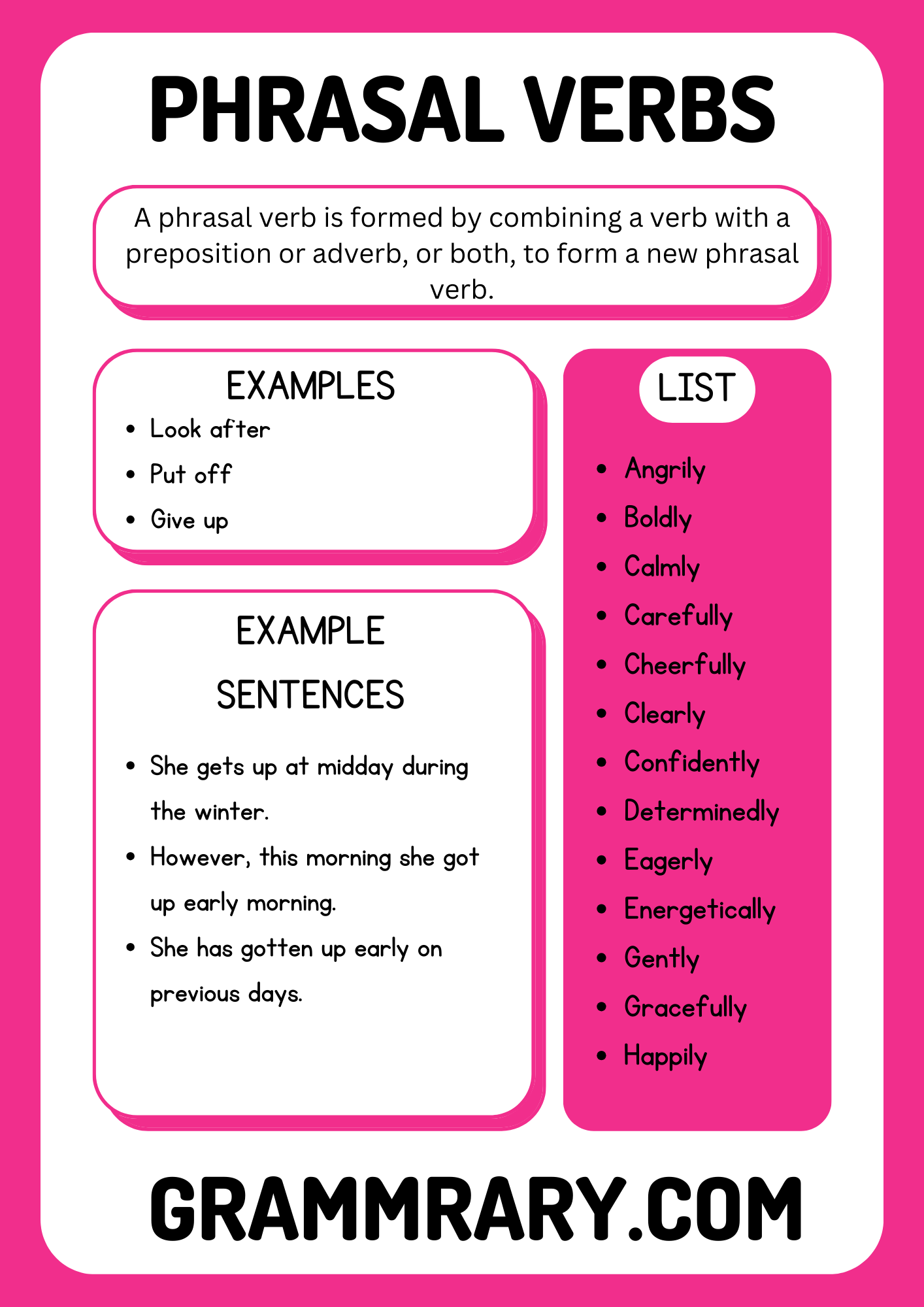
What is a phrasal verb?
Types of phrasal verbs:
Before classifying the phrasal verb, remember that the separable phrasal verbs are always transitive, and all inseparable phrasal verbs are intransitive.
These can be classified in two ways. The first classification is,
- Transitive Phrasal Verb
- Intransitive Phrasal Verb
Transitive phrasal verb:
Transitive phrasal verbs use a direct object to transfer the action.
Examples include:
- Look after
- Put off
- Give up
- Take over
- Bring up
- Call off
- Pick up
Intransitive phrasal verb:
Like Intransitive verb, Intransitive phrasal verb do not need a direct object to transmit the action.
Examples include:
- Come back
- Show up
- Break down
- Catch on
- Get up
- Grow up
- Move on
- Run away
- Hold on
The other classification of phrasal verb is:
- Separable Phrasal Verb
- Inseparable Phrasal Verb
Separable phrasal verb:
In the transitive phrasal verb, when the direct object is used between the verb and the participle. These are termed as Separable phrasal verbs.
Example include:
- Pick you up
- Bring up
- Call off
- Fill out
- Give away
- Hand in
- Pick up
- Put off
Inseparable phrasal verb:
In the Inseparable phrasal verb, the verb and the particle stay together, and cannot be split.
Examples include,
- Come across
- Run into
- Look after
- Get over
- Go over
- Run out of
- Look into
- Put up with
- Take after
- Break into
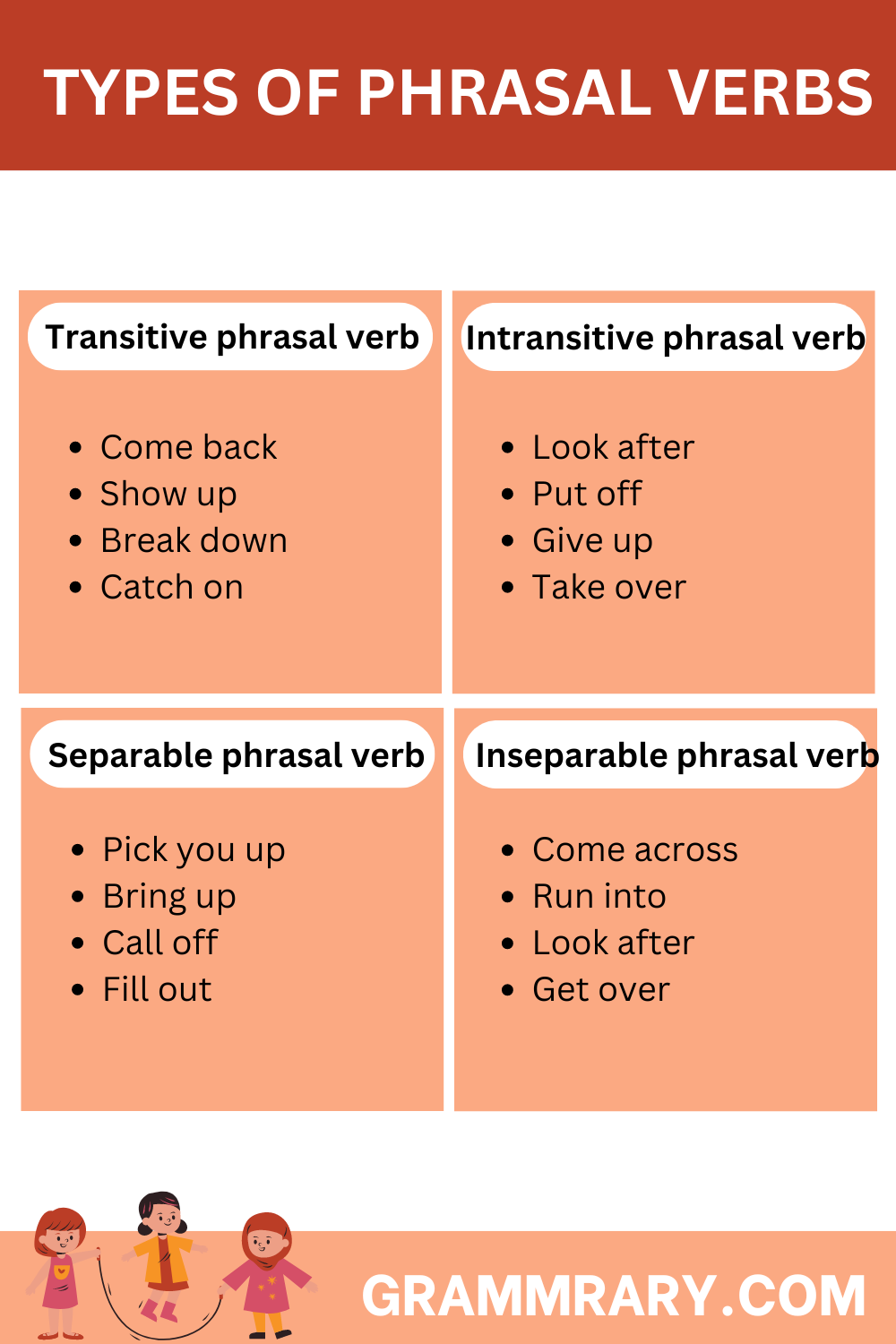
Types of Phrasal Verbs
Phrasal Verbs List PDF:
- Break down
- Bring up
- Call off
- Carry on
- Come across
- Come back
- Come up with
- Cut down
- Cut off
- Fall apart
- Find out
- Get along
- Get back
- Get over
- Give up
- Go on
- Go over
- Go through
- Grow up
- Hang on
- old on
- Look after
- Look forward to
- Look into
- Pass away
- Pick up
- Put off
- Put on
- Put up with
- Run out of
- Set up
- Show up
- Take off
- Take out
- Turn down
- Turn off
- Turn on
- Wake up
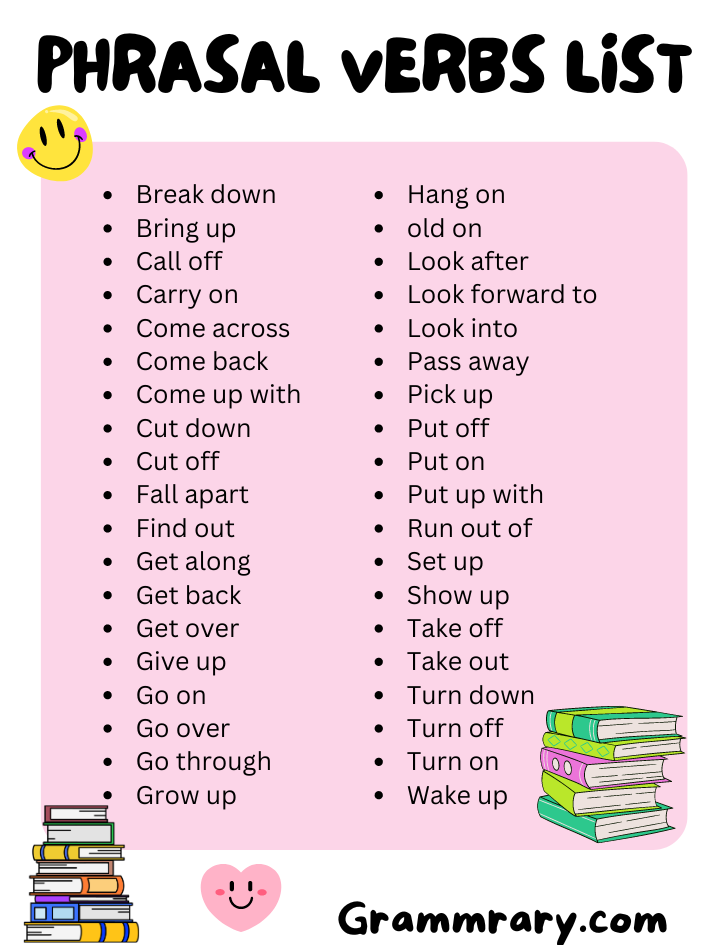
List of Phrasal Verb
List of Phrasal Verb PDF:
Phrasal Verbs Exercises:
1- The Transitive Phrasal Verb is:
- Separable Phrasal Verb
- Inseparable Phrasal Verb
- Intransitive Phrasal Verb
- None of these
Right Answer: A
2- The Intransitive Phrasal Verb are:
- Separable Phrasal Verb
- Inseparable Phrasal Verb
- Intransitive Phrasal Verb
- None of these
Right Answer: B
3- There are ____ types of phrasal verbs:
- 2
- 3
- 4
- 5
Right Answer: C
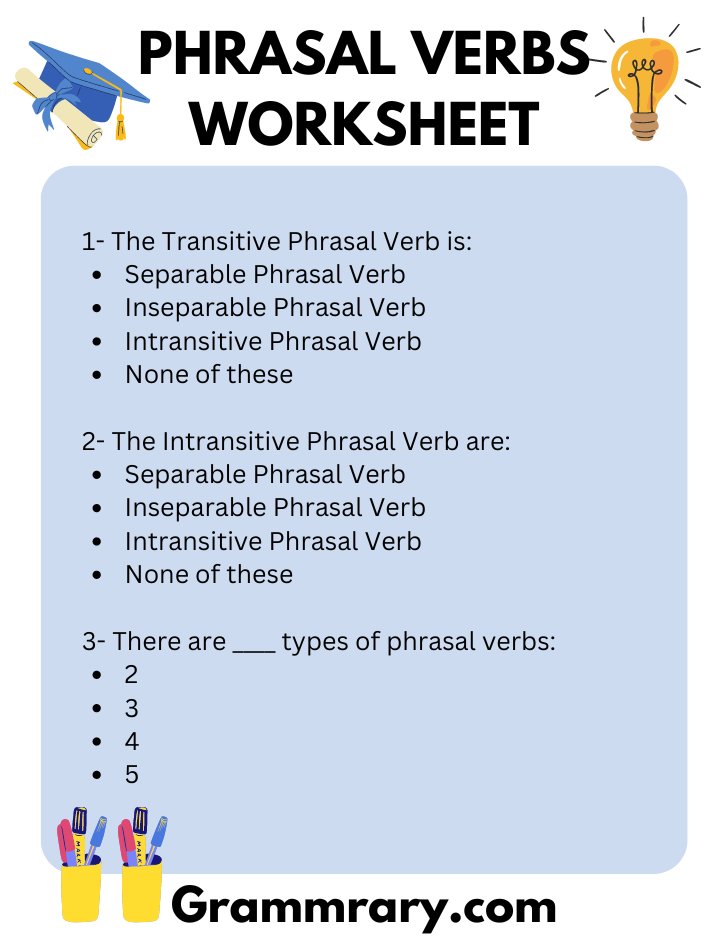
Phrasal Verbs Quiz

